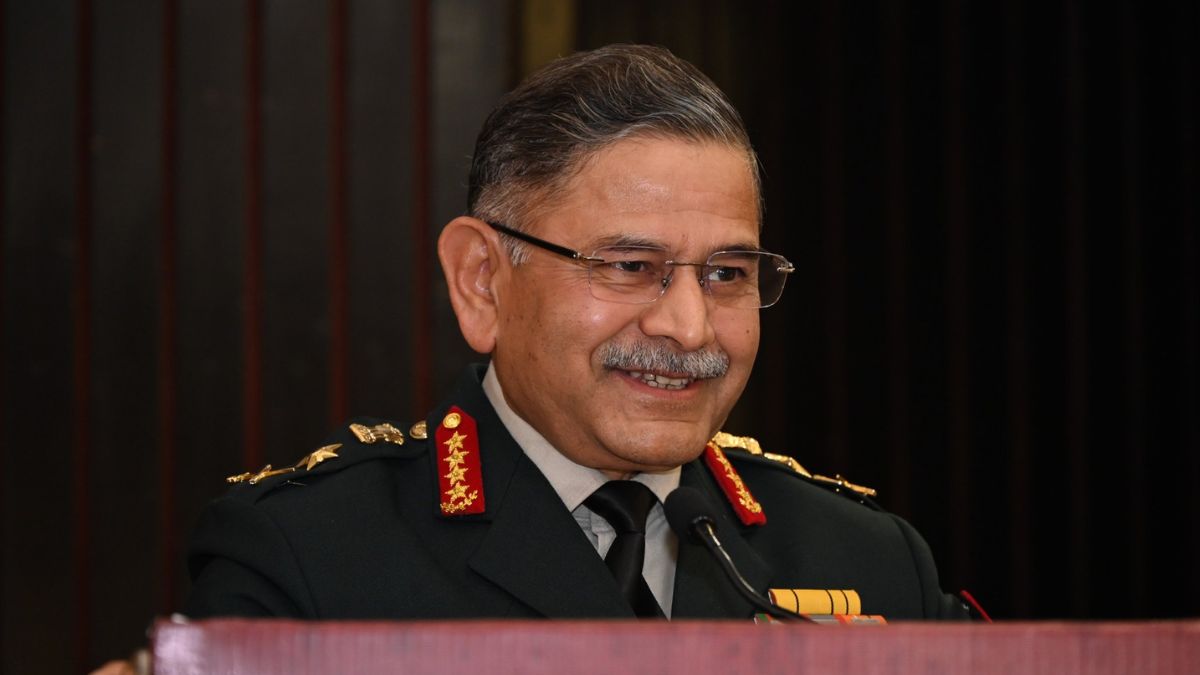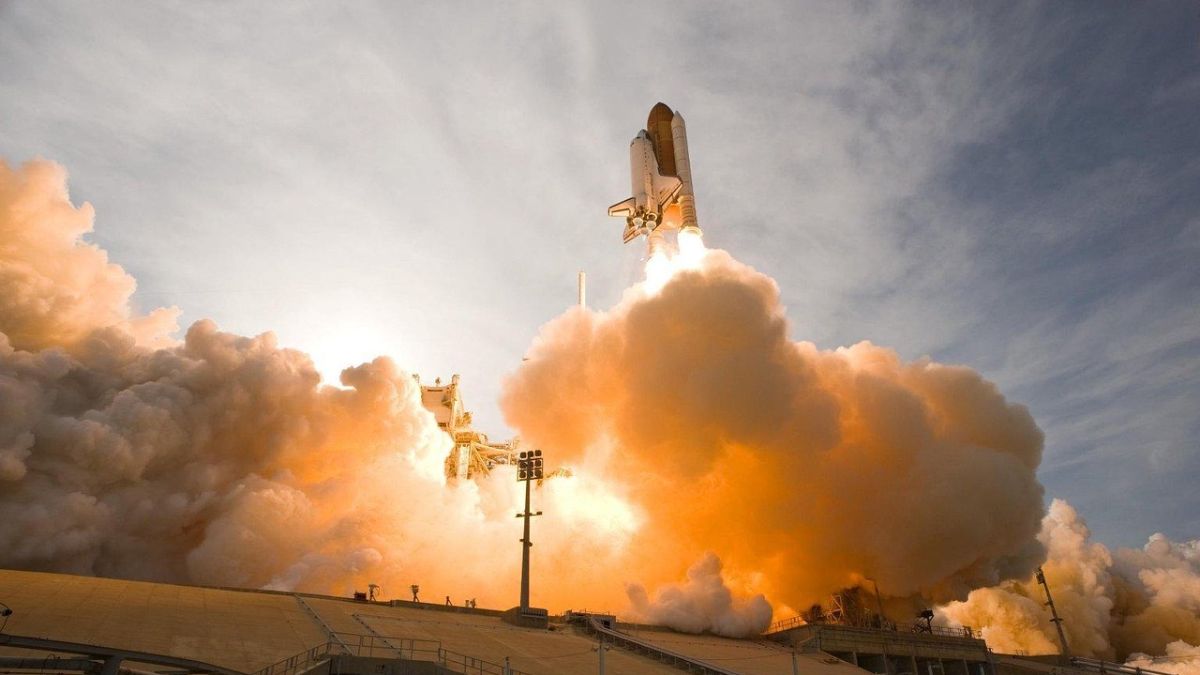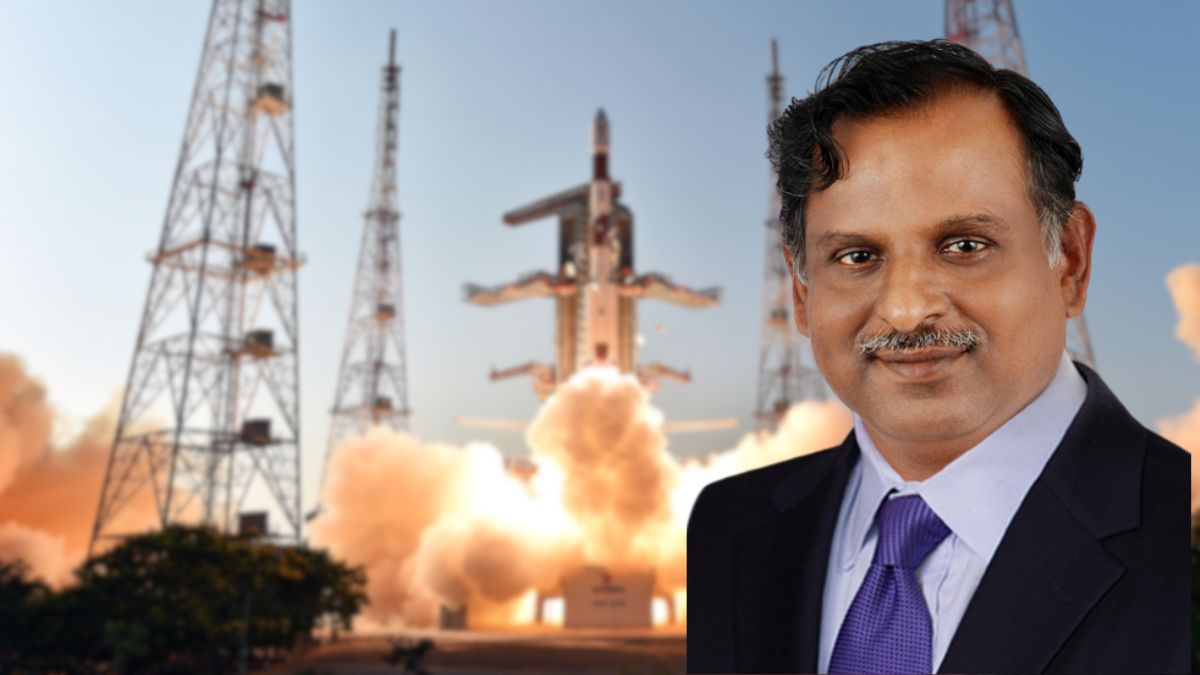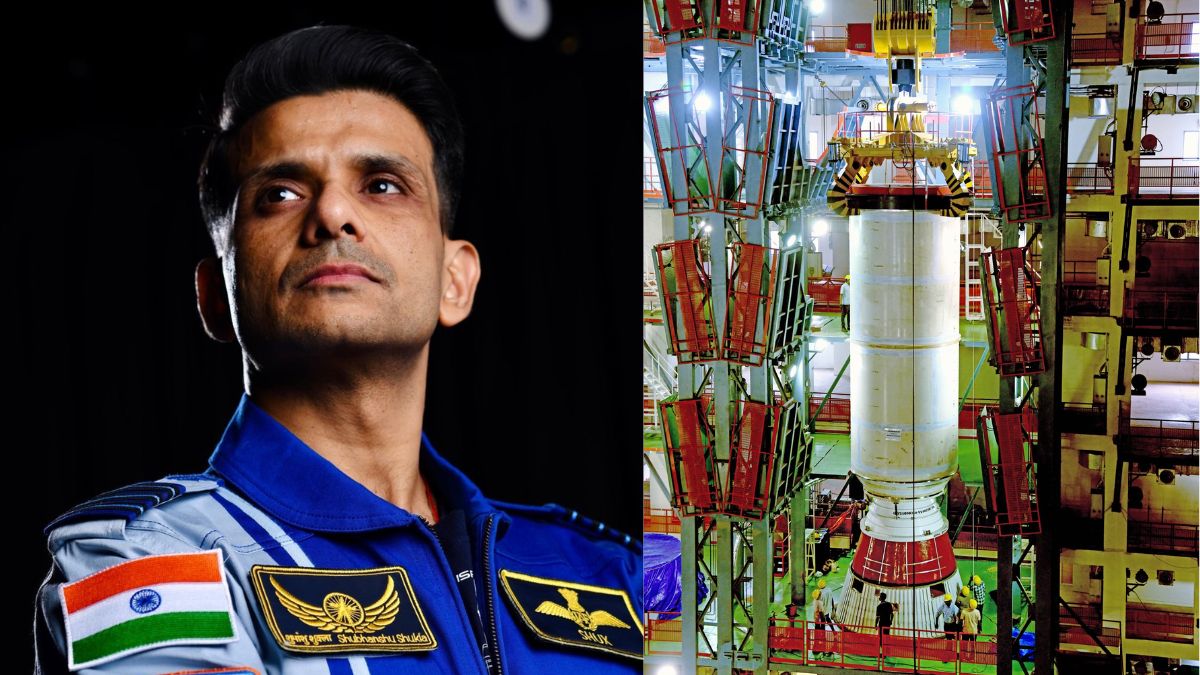‘We’re Back’: Shubhanshu Shukla’s Spaceflight Marks India’s Return To Space After 41 Years
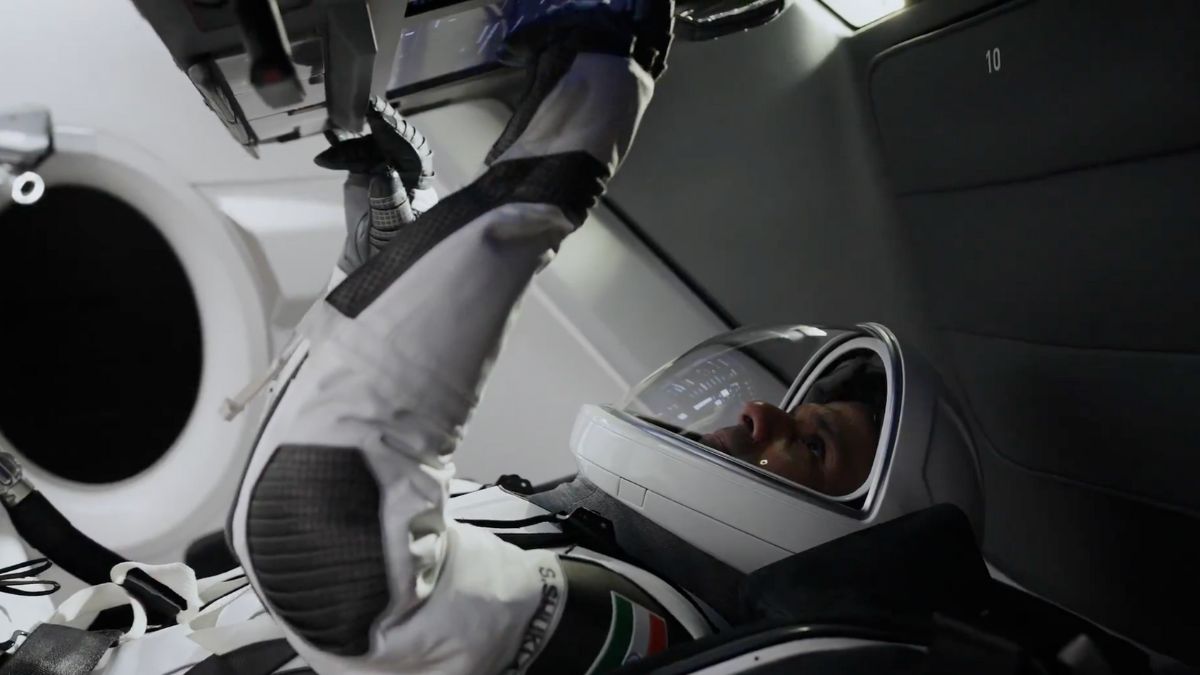
The spaceflight of Axiom-4, piloted by Indian astronaut and Air Force Group Captain Shubhanshu Shukla (pictured) finally took off on June 25. Image courtesy: X.com/@Axiom_Space
Group Captain Shubhanshu Shukla has become the first Indian in over four decades to travel to space, marking a proud moment in India’s space journey.
The 39-year-old Indian Air Force officer, piloting the Axiom-4 (Ax-4) mission, launched successfully on Wednesday (June 25) from National Aeronautics and Space Administration’s (NASA) Kennedy Space Center in Florida aboard a SpaceX Falcon 9 rocket.
As the spacecraft heads to dock with the International Space Station (ISS), Indians across the country are celebrating what is being hailed as the start of a new era in Indian human spaceflight.
What makes this space mission historic for India?
Group Captain Shubhanshu Shukla is now only the second Indian to reach space, after Rakesh Sharma in 1984. When the Ax-4 spacecraft docks at the ISS in just over 26 hours, he will become the first Indian to visit NASA’s orbiting laboratory.
The launch has revived national excitement in India’s space ambitions, especially since it comes amid Indian Space Research Organisation’s (ISRO) plans to launch its own human spaceflight mission by 2027 and build a space station by 2035.
“Right now, we are orbiting Earth at a speed of 7.5 km per second. On my shoulder, I carry the Indian flag,” Group Captain Shukla said shortly after liftoff. “This is not the start of my journey to the ISS, this is the beginning of India’s human spaceflight.”
Who else is part of the Axiom-4 mission?
Ax-4 is a commercial spaceflight jointly operated by Axiom Space, NASA, SpaceX, and international space agencies. The four-member crew is led by Peggy Whitson, a former NASA astronaut with over 675 days in space.
Alongside Group Captain Shubhanshu Shukla, the mission includes Slawosz Uznanski-Wisniewski from Poland and Tibor Kapu from Hungary—each returning their country to space after more than 40 years. The crew spent weeks in quarantine ahead of liftoff, which had faced multiple delays due to weather conditions and technical issues.
What will Group Captain Shukla do aboard the ISS?
As pilot of Ax-4, Group Captain Shukla will assist with docking and spacecraft systems. Over two weeks, the crew will conduct 60 science experiments, including seven from India.
According to ISRO and former NASA scientist Mila Mitra, the Indian experiments aim to advance knowledge on space biology and sustainability in microgravity. Some key Indian experiments include:
- Studying six varieties of crop seeds to observe spaceflight impact on plant growth.
- Cultivating three strains of microalgae, which could be used for food, oxygen, or fuel.
- Observing how tardigrades, microscopic resilient animals, survive in space.
- Understanding muscle loss and cognitive effects of using screens in zero gravity.
In addition, ISRO has planned educational events where students will interact with Shukla live from space. An in-orbit conversation with Prime Minister Narendra Modi is also on the cards.
Group Captain Shukla, born in Lucknow on October 10, 1985, joined the Indian Air Force in 2006 and has clocked over 2,000 flying hours on aircraft like MiGs, Sukhois, Dorniers, and Jaguars. His journey to space was made possible through a Rs 500 crore ISRO-NASA collaboration, part of a strategic vision announced by PM Modi and President Trump.
As India watches with pride, Shukla’s message from orbit resonates: “I carry hopes and dreams of a billion hearts.”
